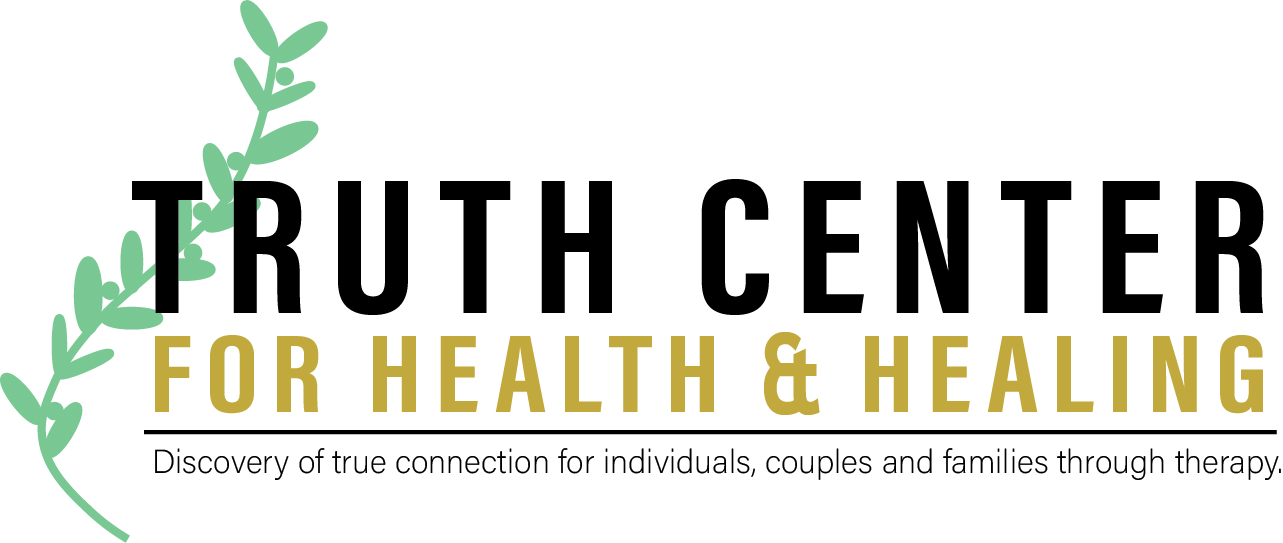As the summer sun fades and cooler days arrive, many of us find ourselves entering a season of transition. Fall brings beautiful colors, cozy sweaters, and traditions that anchor us, but it also carries challenges that can impact our mental, emotional, and physical health. Shorter days, shifting schedules, seasonal allergies, and the fast-approaching holiday season can leave us feeling drained, overwhelmed, and even disconnected from ourselves.
At Truth Center for Health & Healing, we know that transitions, no matter how routine or predictable, can stir up emotions and stress. Learning how to navigate these shifts with intention can make the season one of growth, grounding, and deeper connection.
The Weight of Shorter Days
One of the most immediate changes fall brings is less daylight. Shorter days can disrupt our natural rhythms, leaving us more vulnerable to fatigue, low mood, and decreased motivation. For some, this dip in mood may even develop into Seasonal Affective Disorder (SAD).
What you can do:
● Prioritize sunlight: Spend a few minutes outside each morning, even if it’s just a short walk. Exposure to natural light helps regulate sleep and mood.
● Create cozy rituals: Light candles, drink warm teas, or use soft lighting to make your environment feel nurturing instead of gloomy.
● Stay active: Movement counteracts sluggishness and releases mood-boosting endorphins. Try indoor stretches or outdoor walks under the autumn sky.
Allergies and the Body-Mind Connection
Fall often brings seasonal allergies, sneezing, congestion, itchy eyes, that affect not only our physical body but also our energy and mood. When we don’t feel well physically, patience and emotional resilience often run thin.
What you can do:
● Manage your environment: Keep windows closed on high-pollen days, shower after being outside, and use air purifiers when possible.
● Listen to your body: Rest when you need to and fuel yourself with nourishing foods.
● Be compassionate with yourself: If you’re not feeling your best, acknowledge that and adjust your expectations for what you can reasonably do.
Back-to-School and Busier Schedules
For many families, fall marks the return of school, after-school activities, sports, and parent-teacher nights. Even if you’re not directly involved in school-aged routines, the pace of community life tends to quicken. It’s easy to feel like life is moving faster than you can keep up with.
What you can do:
● Set realistic priorities: Everything can’t be urgent. Ask yourself, What truly matters this week?
● Create family rituals of connection: Shared meals, car rides with no screens, or a quick “check-in” before bed can help maintain closeness.
● Protect downtime: Build in evenings or weekends without commitments. Rest is as important as productivity.
The Stress of the Holidays on the Horizon
Even before October ends, stores begin displaying holiday décor. For some, this stirs up excitement; for others, it brings stress. The holidays can resurface family tensions, financial worries, grief, or the pressure to meet unrealistic expectations. Beyond seeking out professional grief counseling in Delaware County, PA or beyond, here are some methods to help you ease the burden solo.
What you can do:
● Plan early and set boundaries: Be honest about what you can give, whether that’s time, energy, or money, and communicate limits to loved ones.
● Honor grief and mixed emotions: If holidays bring up loss or loneliness, allow yourself space to acknowledge it. Healing often comes in cycles, not all at once.
● Redefine traditions: Focus on what nourishes you and your family instead of forcingoutdated or overwhelming customs.
Caring for Mental and Emotional Health Through Transitions
Fall transitions remind us that change is constant. Just as the trees shed their leaves, we too are invited to release habits, thoughts, or pressures that no longer serve us.
Here are some grounding practices:
1. Mindful reflection: Journal or pause each week to ask: What am I carrying that no longer needs to come with me into this new season?
2. Connection with others: Reach out to friends, join community groups, or schedule sessions with a therapist. Change feels less heavy when shared.
3. Routine as resilience: Create morning or evening rituals that help you feel steady, even when life feels unpredictable.
4. Self-compassion: Remember, your worth is not measured by how much you accomplish during busy seasons.
When to Seek Support
Sometimes, the stress of seasonal transitions builds up in ways we can’t manage alone. If you find yourself feeling persistently low, struggling with sleep, withdrawing from others, or unable to keep up with daily life, it may be time to reach out for professional support.
At Truth Center for Health & Healing, we specialize in walking alongside individuals, couples, and families through life’s many transitions with various kinds of therapy and clinical supervision in Wynnewood, PA. Whether you’re navigating seasonal stress, managing family demands, or seeking deeper healing, our team is here to help you embrace your truth and find your healing.
Closing Thoughts
Fall is a season of contrasts, both beautiful and challenging, cozy yet demanding. By acknowledging both sides, you give yourself permission to prepare, adjust, and grow. You don’t have to “power through” the changes. Instead, you can welcome them with gentleness, knowing that taking care of yourself is one of the best ways to show up for those you love.
This season, may you give yourself the gift of slowing down, setting boundaries, and leaning into the supports that keep you grounded. Contact our team today to get ahead of the fall blues. Just as the trees prepare for renewal, you too can embrace change as part of your healing journey.





